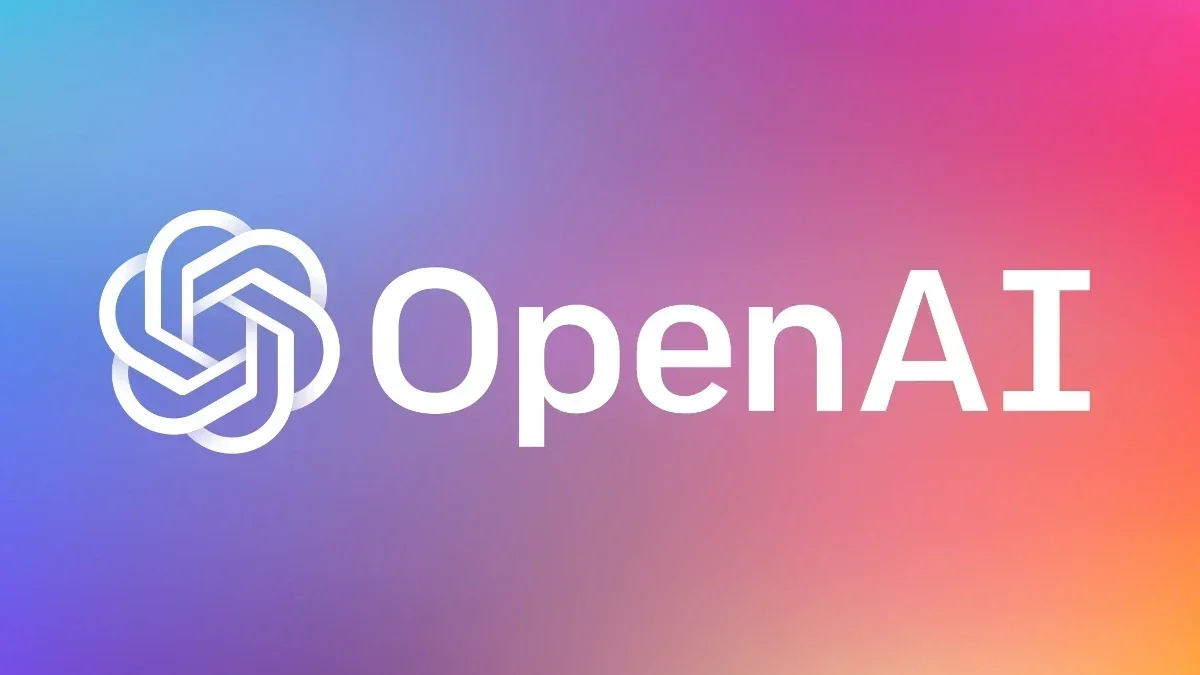OpenAI developing new in-house AI chip that could boost iPhone sales

The world's leading chip manufacturer, TSMC, plans on mass-producing chips using its A16 Angstrom process node (1.6nm) starting in 2026. TSMC will get to this node one year before Intel’s 14A (1.4nm) and Samsung’s SF14 (1.4nm), both scheduled to undergo mass production in 2027. Additionally, TSMC's A16 Angstrom does not require the foundry to use ASML's new High-NA EUV lithography machine, each with a cost of $380 million and up. Intel and Samsung's new 2027 nodes apparently require the use of the second-gen EUV lithography machine.
Apple has reportedly gone ahead and placed orders with TSMC for chip production using A16 Angstrom. There has been talk about OpenAI developing its first in-house AI chip also using TSMC's A16 Angstrom node. Reports indicate that OpenAI wanted TSMC to build a dedicated fab to develop this chip.
OpenAI's in-house chip will improve the capabilities of its Sora video-generation feature, and this feature is expected to be part of Apple's generative AI suite eventually. Sora could even help boost iPhone sales depending on how well the video-generation feature works on the device. With this in mind, today's reports wonder whether Apple is teaming up with OpenAI to help develop the chip that would be used to power AI-based servers located in the cloud.

TSMC will reportedly build OpenAI's in-house chip using its A16 Angstrom node. | Image credit-TSMC
So how much superior will TSMC's A16 Angstrom node be compared to the 2nm chips that will precede them? At the same operating voltage, A16 Angstrom could be 8-10% faster while consuming 20% less power. Based on data from 2023, each query submitted to ChatGPT costs OpenAI 4 cents according to Bernstein analyst Stacy Rasgon. If ChatGPT use continues growing until it hits one-tenth the scale of Google Search, the company will need $16 billion worth of chips every year which could make this a very profitable venture for TSMC.
Earlier this year, a rumor circulated that TikTok parent ByteDance was developing an AI chip with its partner Broadcom. This chip would have been produced by TSMC using its 5nm process node. You might wonder how China-based ByteDance could get around U.S. sanctions to team up with Broadcom. Apparently, there is a loophole that allows the production and export of customized application-specific integrated chips (ASIC) to China.
ByteDance plans to use the in-house chip to run new powerful AI algorithms for TikTok and the Douyin app available in China. The company also has a chatbot it runs in China called Doubao. While waiting for TSMC to start profuction of its in-house chips, ByteDance still has some inventory of chips it purchased from NVIDIA before U.S. sanctions began.
Follow us on Google News













Things that are NOT allowed:
To help keep our community safe and free from spam, we apply temporary limits to newly created accounts: